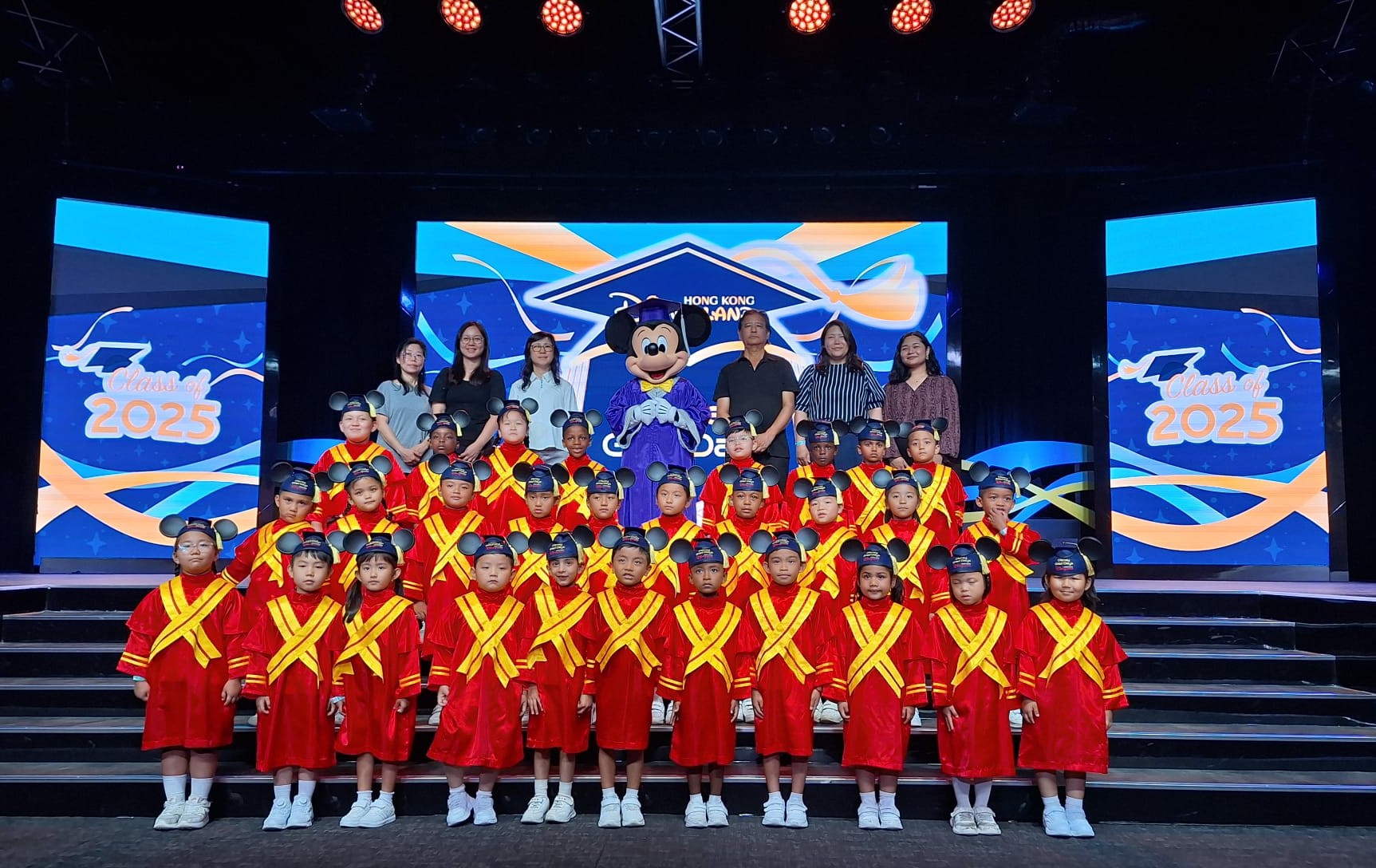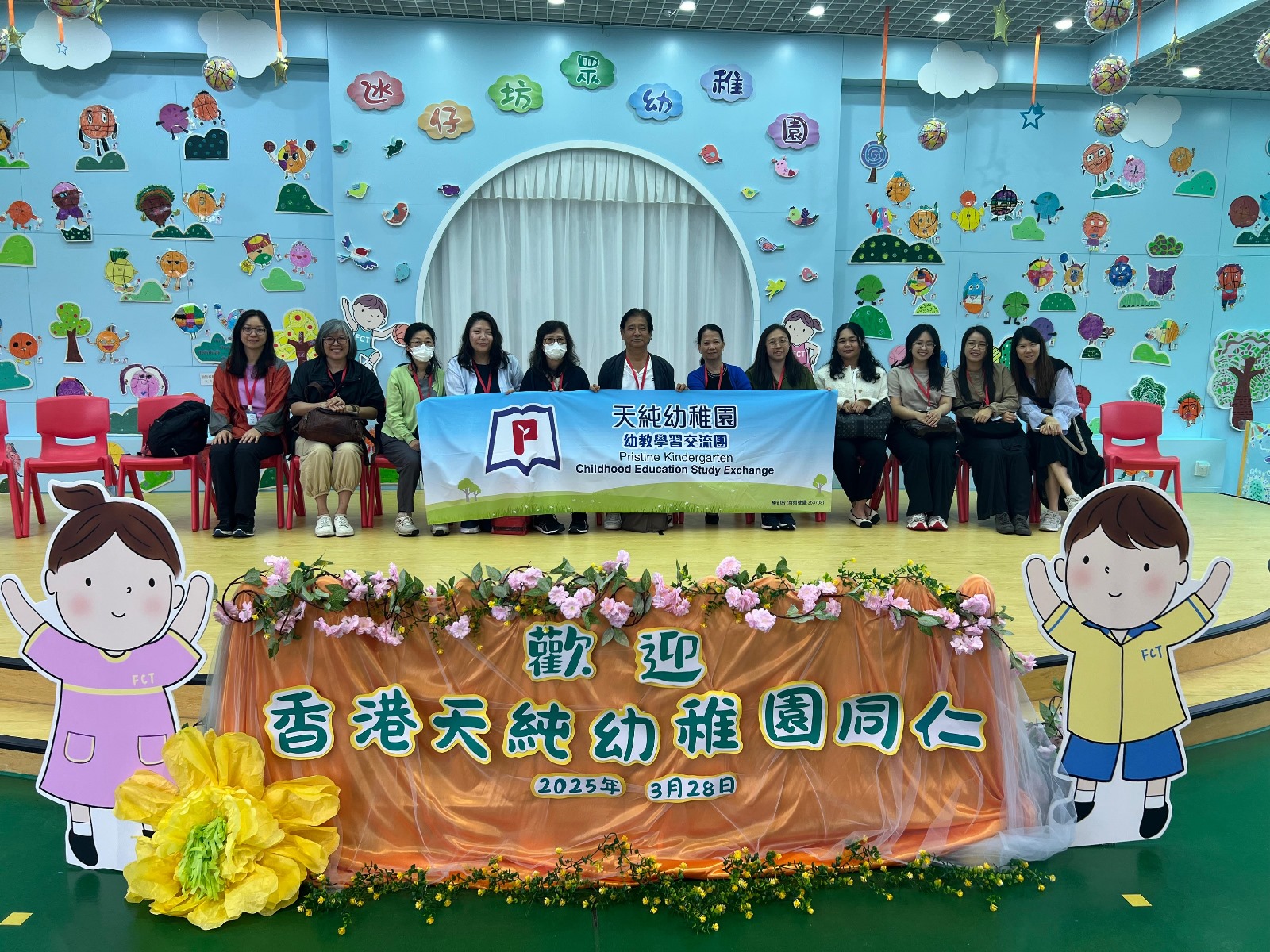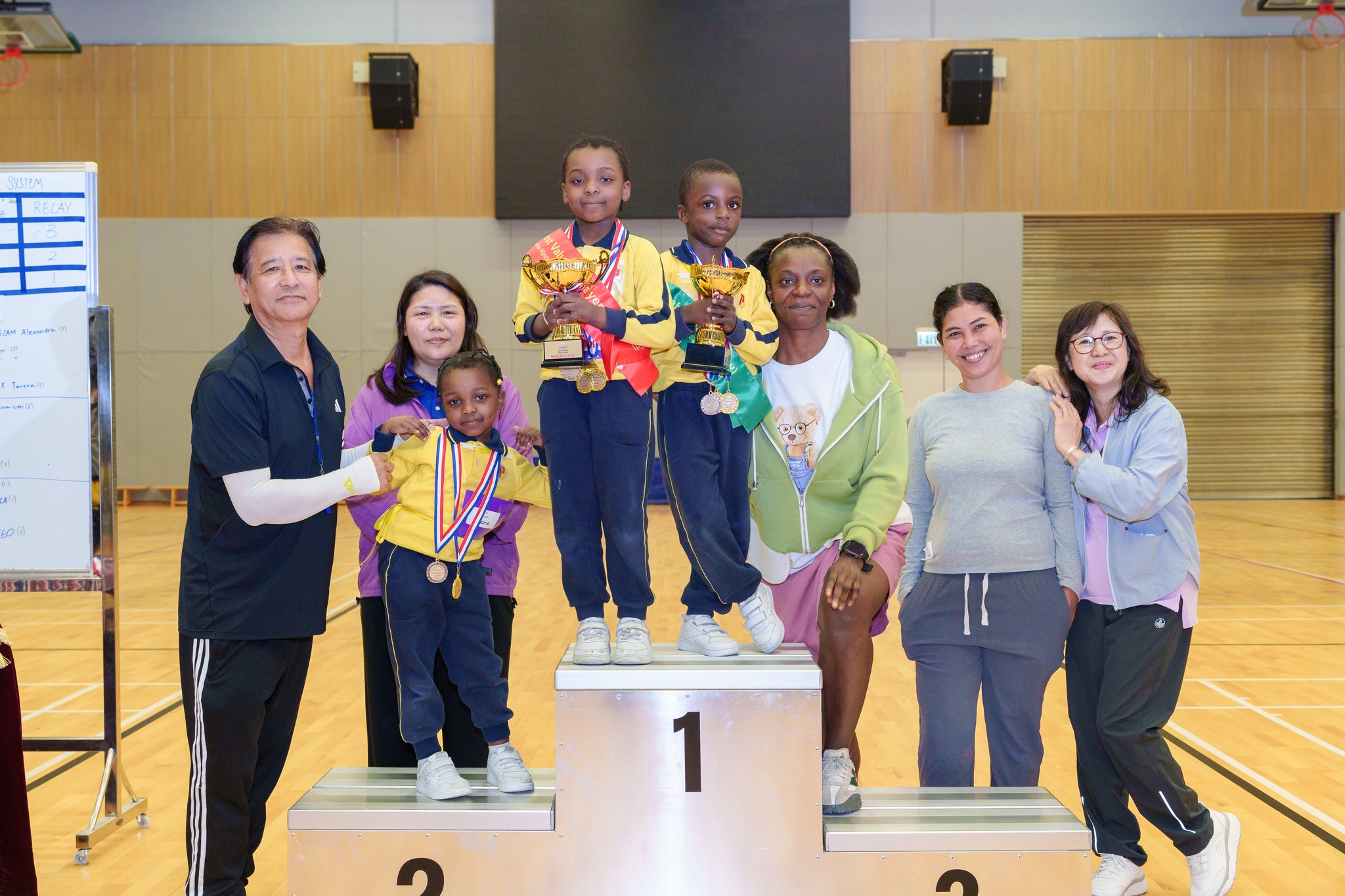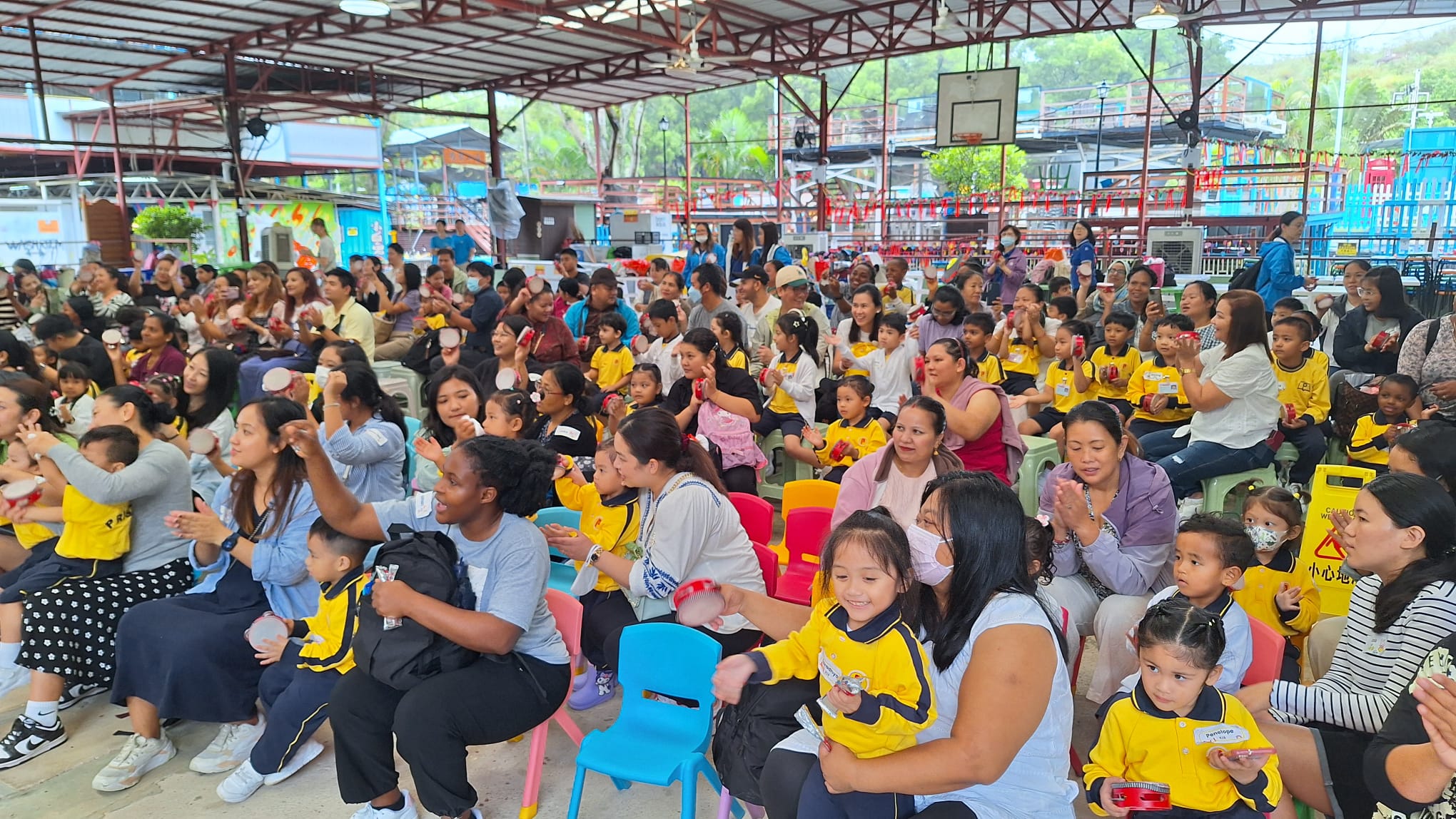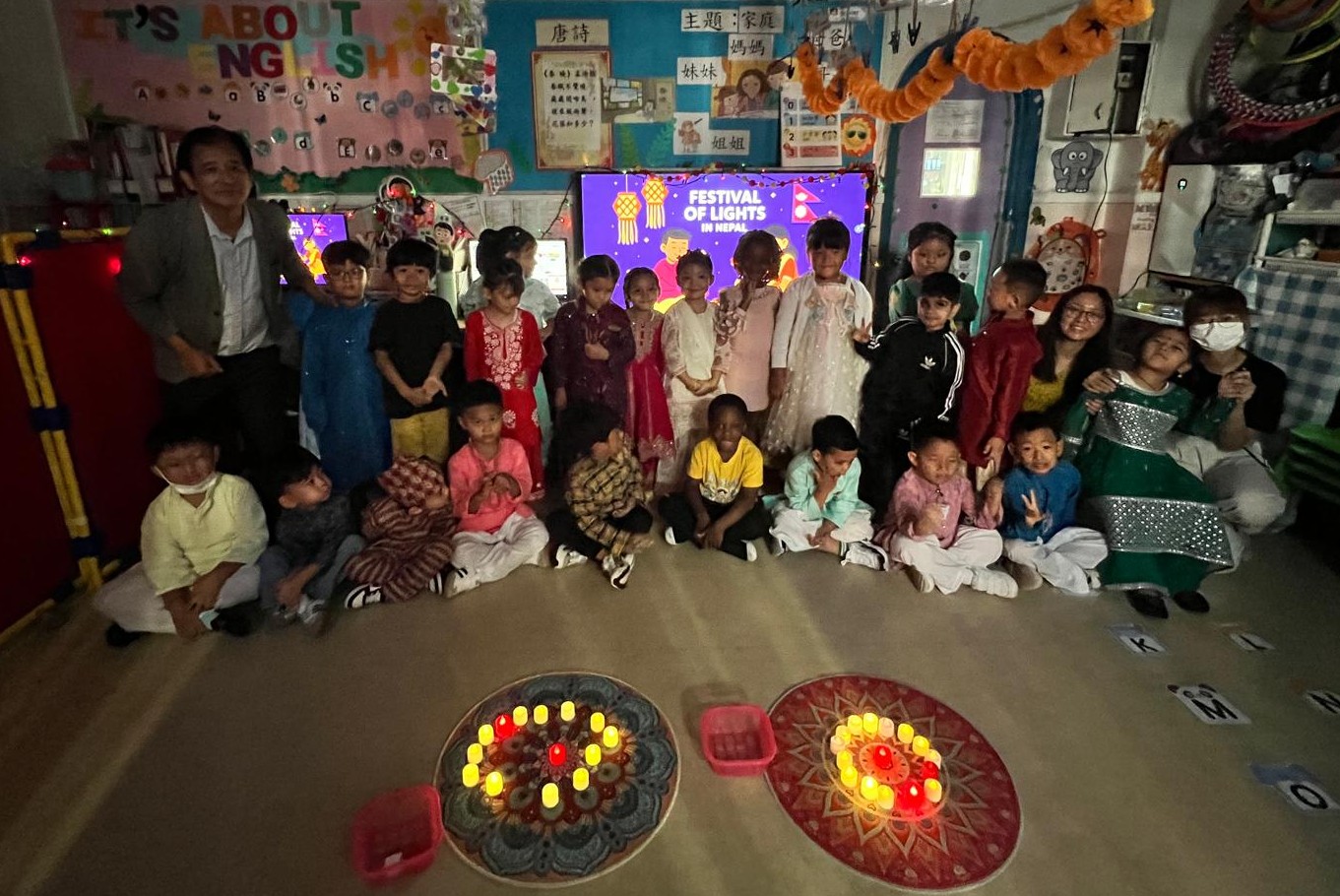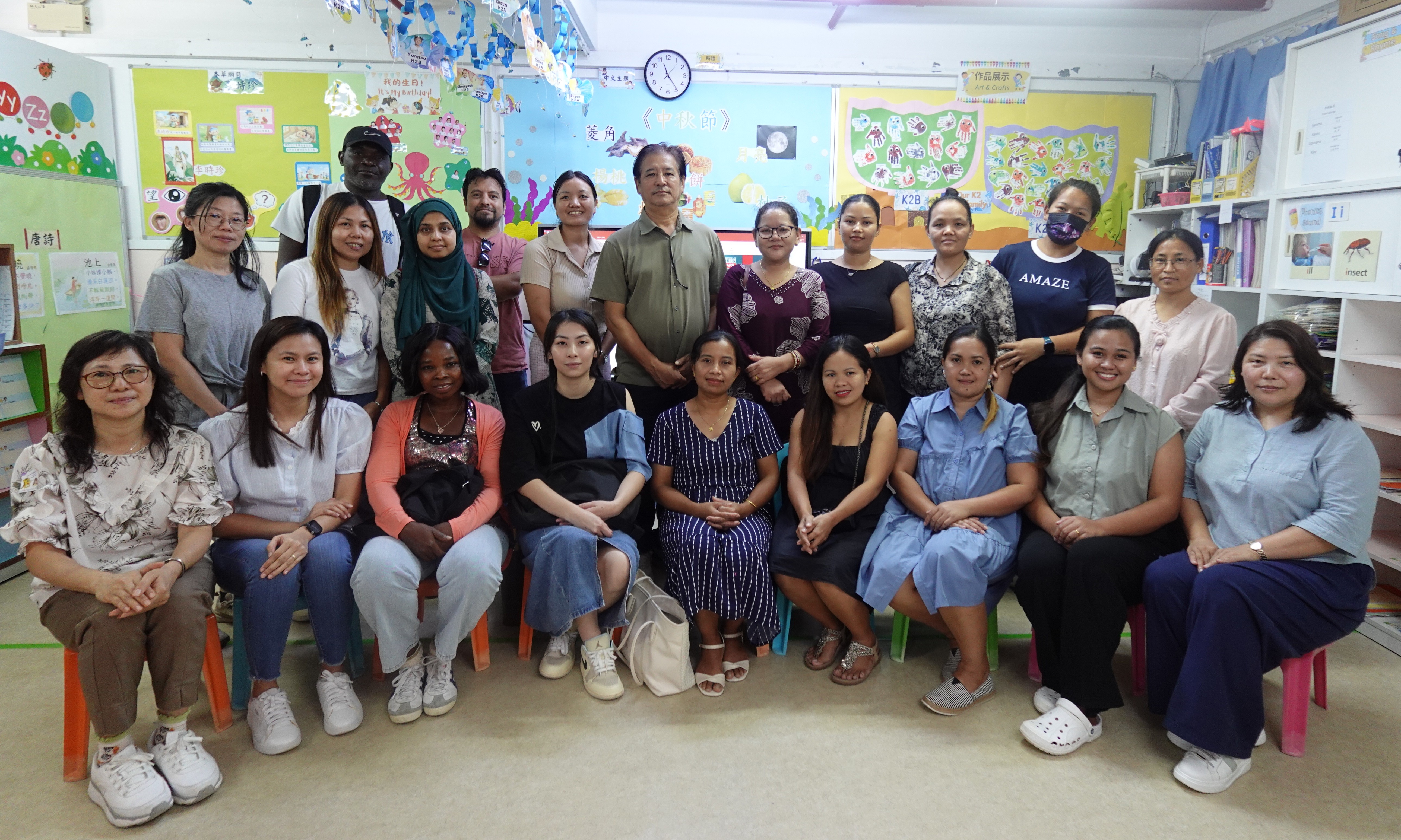School-based Curriculum Features
School-based
Curriculum Features:
How Do We Realise Our Mission?
Bilingual
curriculum
• Child-centred activities and
approaches
• Learning through play
• Learning how to learn
How Do We Learn?
· Life
skills – Self-care; Self-management; Courtesy; Self-discipline; etc.
· Listening
skills – Learning to follow instructions, Listening to stories and songs
· Speaking
skills – Sharing what they have observed, experienced or learnt; Voicing their
ideas and opinions
· Social
Skills - Sharing and caring; initiate positive interactions; collaborate and
work in teams; follow social etiquette
· Reading
Skills – Reading storybooks; decoding the pictures; reading letters they recognize,
then words, and finally short sentences
· Writing
Skills - Fine-motor skills – Pre-writing activities
§ Learning how to form
letters/numbers/characters
§ Pencil grip
§
Words;
and Sentences
§
Form
sentences from words
§
Create
sentences/stories to go with their drawings
§ Exploration
and discovery – Self-direct their own learning by exploring the learning
centres, Observe and Record; Experiment; Question and Research for Answers;
etc.
§ Creativity and Self-esteem – Through music and movement; arts
and crafts; the Talent Shows and similar activities
§ Problem-solving skills – Through games; daily free play;
interactions with peers; classroom discussions
- Moral
Development / Character Education – Building a strong and ethical
character
- Differentiating and choosing
right from wrong
- Choosing to be kind
- Exercising empathy
- Taking responsibility for our
actions and accepting the consequences
- Being truthful
- Willing to learn from our
mistakes
- Accepting and respecting
people who look different, or who have different opinions
• Thematic Approach 主題教學 (integrating learning areas around
a topic)
• Lessons will be conducted with a
certain theme as the base point, with each theme lasting for about 4-5 weeks
• Themes will have content that is
relevant and appropriate for their age and interests
• Themed units are integrated and
engaging
•
Understanding achieved in multiple ways
• Builds on prior knowledge of
students
• Facilitates active teaching and
learning
• Teaches children how to learn
(learning to learn)
• Motivates children to learn
• Project Approach
• To be adopted for 4 weeks, usually
in November
• No textbooks used; no regular
homework given
• Parents are requested to support
their children in their project research at home, and to bring any materials
that the teachers ask for
• No formal assessment taken
• Enhances teamwork and team building
skills (collaboration)
• Gives more opportunities for
children to engage in activities that are initiated by themselves
• Develops skills such as:
problem-solving, planning, observing, exploring, recording, questioning,
interpreting and communicating
•
Learning
is focused and deeper rather than wider












